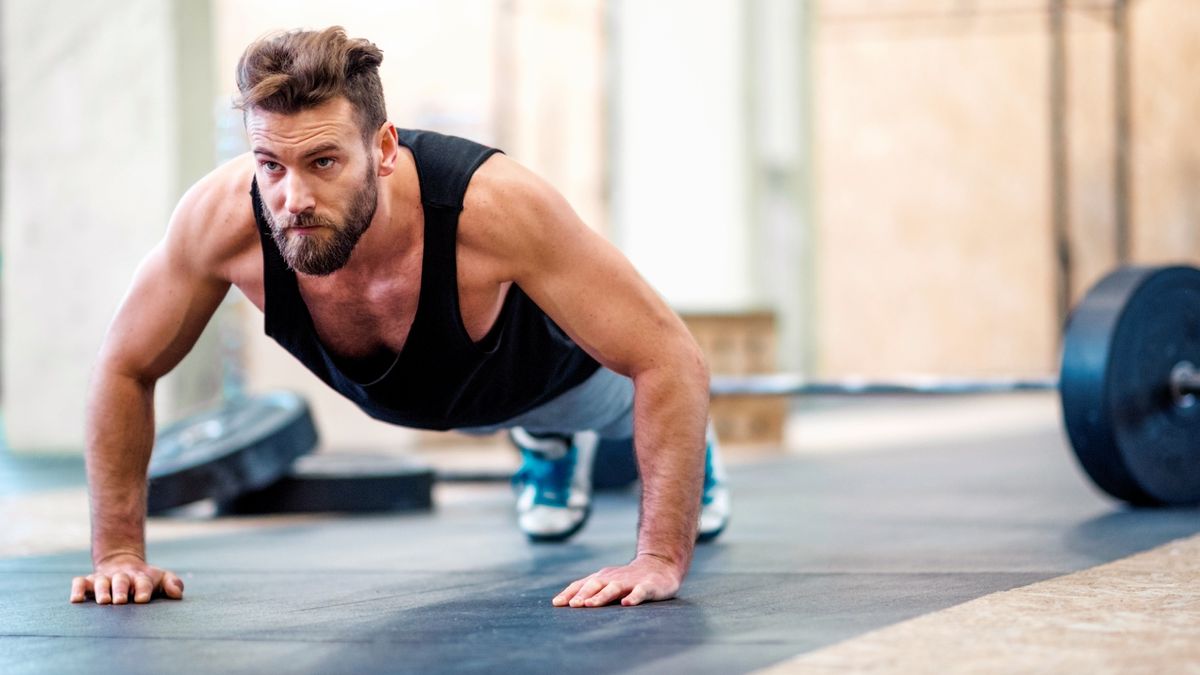No, not pull-ups — personal trainer recommends this one exercise that builds upper body strength without weights

You don’t need weights to increase strength and build muscles in your upper body, but you do need to be doing the right bodyweight exercises. Pull-ups and dips are great moves, but when we asked Nicholas Arcata, certified master trainer at Fit Athletic Club, for his top bodyweight move for beginners in particular, push-ups came out on top.
“Push-ups are a great bodyweight exercise for beginners looking to strengthen their upper body,” says Arcata, and that’s not all that push-ups are good for. Check out all of the benefits of the move below, plus Arcata’s guide on how to do push-ups perfectly.
Nicholas Arcata is a certified master trainer at Fit Athletic Club, San Diego. He is a NASM-certified personal trainer who specializes in muscular hypertrophy, athletic performance and strength training and conditioning.
What are the benefits of push-ups?
For Arcata, the main benefit of push-ups is their versatility, both in terms of the muscle groups they target as well as their suitability for all fitness levels, which is related to how easy they are to adjust to make them easier or harder, or more focused on certain muscles. You can also do them anywhere, and the only bit of equipment you might need is a yoga mat.
“Push-ups can be modified to meet any fitness level, making them accessible to everyone,” says Arcata. “As a functional movement, push-ups mimic many daily activities and engage several upper body muscle groups, including the chest, shoulders and triceps, while also activating the core, hips and legs.
“You can further adjust the exercise by changing hand placement, inclination or knee position to increase or decrease intensity and target specific muscles more effectively.”
How to do push-ups
Everyone has some idea of what a push-up looks like, but it’s important to get the small details of the exercise right to maximize its benefits.
“Start in a plank position with your hands slightly wider than shoulder-width apart,” says Arcata. “Bend your arms and lower your body toward the ground while keeping your back straight, then push back up to the starting position.”
If you’re a beginner and you find the move too difficult, Arcata suggests modifying your push-ups by doing the move on your knees or leaning against a wall. Other variations you can try once you are comfortable with the classic push-up including diamond push-ups, where you bring your hands together to target your triceps more, and decline push-ups, where your feet are higher than your hands, making the move more challenging.
To try push-ups within a bodyweight workout that focuses on the upper body, give this five-move session a go, and for a fun workout try this push-up challenge and do as many of them as you can in 10 minutes.


